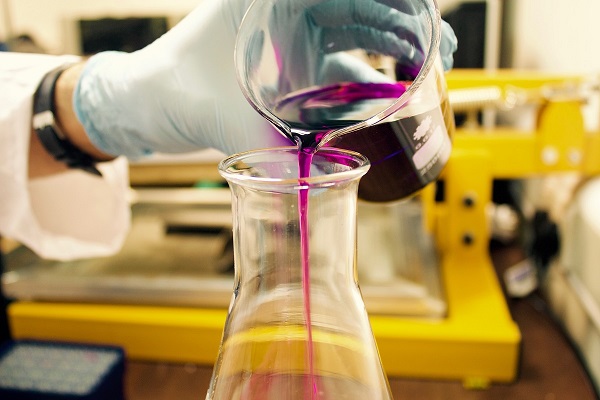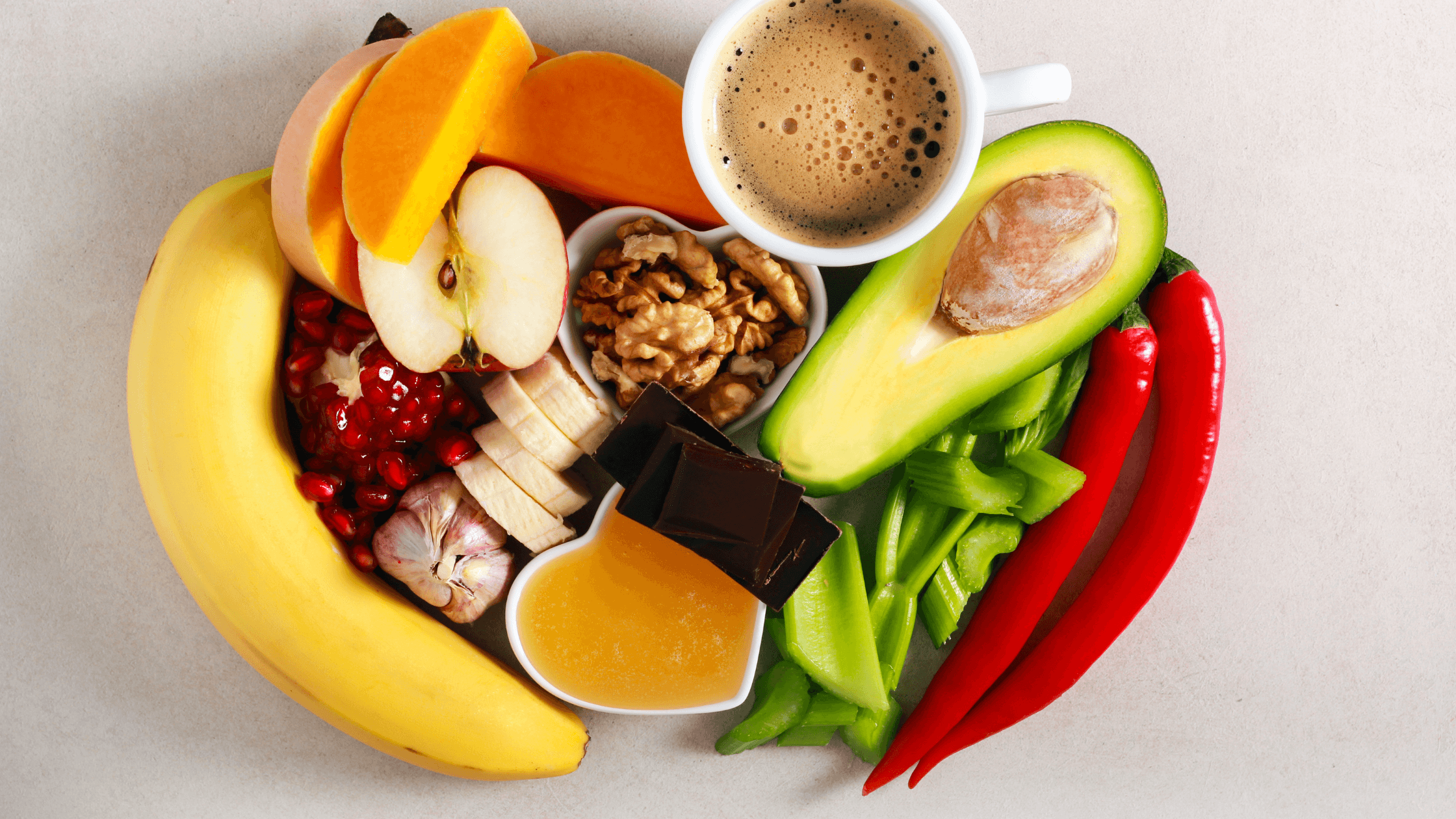Lactic acid bacteria (LAB) fermentation is a method of converting carbohydrates into lactic acid that employs LAB. Foods like yogurt, cheese, and sauerkraut are frequently fermented using a type of bacteria known as LAB. In addition to making biofuels and pharmaceuticals, LAB fermentation is also used to make food additives and preservatives.
How LAB Fermentation Works
Anaerobic fermentation processes, such as LAB fermentation, function without the presence of oxygen. Lactic acid is created when LAB ferment carbohydrates, producing pyruvate first. The buildup of lactic acid lowers the food’s pH, which prevents the growth of dangerous yeasts and bacteria.
Types of LAB Fermentation
There are two main types of LAB fermentation: homolactic fermentation and heterolactic fermentation.
- Homolactic fermentation: In homolactic fermentation, LAB convert carbohydrates almost exclusively into lactic acid. This type of fermentation is used to produce yogurt, cheese, and sauerkraut.
- Heterolactic fermentation: In heterolactic fermentation, LAB convert carbohydrates into lactic acid and other products, such as ethanol, acetic acid, and carbon dioxide. This type of fermentation is used to produce kimchi and sourdough bread.
Industrial Uses of LAB Fermentation
Food additives and preservatives
Many food additives and preservatives, including lactic acid and lactate salts, are made using LAB fermentation. A mild acid called lactic acid is used to change the pH of various foods and beverages. Additionally, it serves to stop the development of dangerous yeasts and bacteria. Lactate salts are added to food as a flavoring and texture enhancer.
Lactic acid bacteria (LAB) or Lactobacillales are industrially important microbes used in a large variety of industrial processes such as food fermentation. Not only do LAB have great potentials for in situ production of fermented foods, but they also seem promising in metabolic engineering. Their contribution in fermentation processes primarily roots from the formation of lactic acid. Besides, LAB enhance other product characteristics such as flavor, texture and nutrition.
The main application of LAB in industrial processes is to serve as food starters (e.g., for dairy product, pickles, meat and wine). In addition, they are able to metabolize numerous mono- and di-saccharides. Furthermore, natural or metabolically engineered LAB produce many metabolites with confirmed applications:
- antimicrobial molecules (e.g., bacteriocins);
- food aromas and flavors (e.g., diacetyl and acetaldehyde);
- food complements (e.g., vitamins);
- food texturing agents (e.g., exopolysaccharides);
- sweeteners (e.g., mannitol);
- nutraceutical molecules;
- bulk chemicals (e.g., lactic acid and ethanol);
- biodegradable plastics (i.e., polyhydroxyalkanoates, PHA).
Metabolic engineering is usually applied to broaden the range of carbon sources or improve its product yield and productivity, largely for food grade applications. L. lactis is the most extensively studied species among LAB, along with other species include L. plantarum, L. brevis, L. panis, and others.
Profacgen provides industry-scale lactic acid bacteria fermentation with the most advanced technologies and facilities. Our service is highly customizable from optimization of expression and growth condition to large-scale production, purification and characterization. We have the fermentation capacity of up to 10 metric tons, as well as professional one-stop technical support including:
- Strain selection.
- Genetic modification.
- Growth condition optimization.
- Large-scale fermentation.
Pharmaceuticals
Pharmaceutical products such as antibiotics, probiotics, and anti-inflammatory medications can also be made using LAB fermentation. Food preservation and food poisoning are both prevented by the use of antibiotics made through LAB fermentation, which are effective against a number of foodborne pathogens. Live microorganisms that are good for human health are known as probiotics. To enhance gut health and strengthen immunity, they are frequently taken as supplements. Different probiotic supplements are made using LAB fermentation.
Anti-inflammatory drugs produced using LAB fermentation are effective in reducing inflammation and have been shown to be effective in treating a variety of medical conditions, such as arthritis and inflammatory bowel disease.
Biofuels
Using LAB fermentation, it is possible to make biofuels like ethanol and biodiesel. These biofuels can reduce greenhouse gas emissions by replacing fossil fuels. Given that LAB are relatively simple to grow and don’t require a lot of energy or resources, LAB fermentation is a sustainable method for creating biofuels.
Chemicals
Chemicals like lactic acid, lactate salts, and polylactic acid (PLA) are produced using LAB fermentation. A versatile chemical, lactic acid is used in the manufacture of food and beverages, as well as in pharmaceuticals and cosmetics. Lactate salts are used as cleaning agents, pH regulators, and food additives. Lactic acid is used to create the biodegradable plastic known as PLA. Clothing, 3D printing filament, and food packaging are just a few of the items made from PLA.
Benefits of Using LAB Fermentation in Industry
There are a number of benefits to using LAB fermentation in industry, including:
- Versatility: LAB fermentation can be used to produce a wide range of products, including food additives and preservatives, pharmaceuticals, biofuels, and chemicals.
- Efficiency: LAB fermentation is a very efficient process, as LAB can convert carbohydrates into lactic acid with a high yield.
- Sustainability: LAB fermentation is a sustainable process, as LAB are relatively easy to grow and do not require large amounts of energy or resources.
- Safety: LAB fermentation is a very safe process, as LAB are generally regarded as safe (GRAS) microorganisms.
Conclusion
Lactic acid bacteria fermentation is a flexible and effective technology with many industrial uses. It is a great option for a variety of industrial uses because it is a sustainable and safe process. Future applications for LAB fermentation are likely to be even more inventive and environmentally friendly as research advances.
Source from Profacgen
Profacgen is a state-of-the-art protein service provider located in Long Island, NY, USA. We provide custom protein services in the biological sciences, enabling access to the latest tools, techniques, and expertise with competitive pricing and rapid turnaround time. We serve a broad spectrum of industrial and academic clients with a commitment to delivering high-quality data and customer services.
Protein expression and purification is where we started our business.
We provide a wide range of expression systems from procaryotic cells to eukaryotic cells to cell free and animal free systems, from transient expression to stable expression. We produce recombinant proteins according to our customer specifications or by developing customized protocols in house.
Our fermentation laboratories are equipped with advanced bioreactors that enable us to produce protein at large scale. Our customers can choose to enter the protein expression pipeline at any stage.




